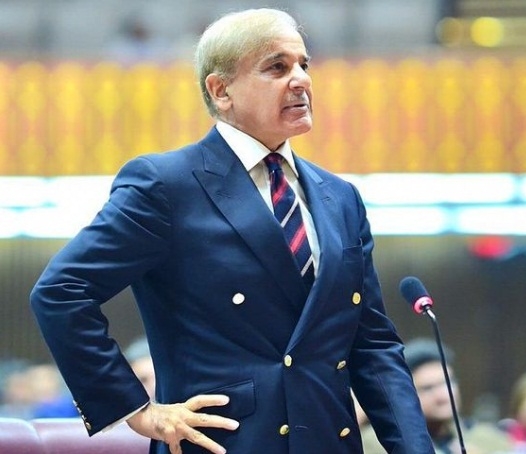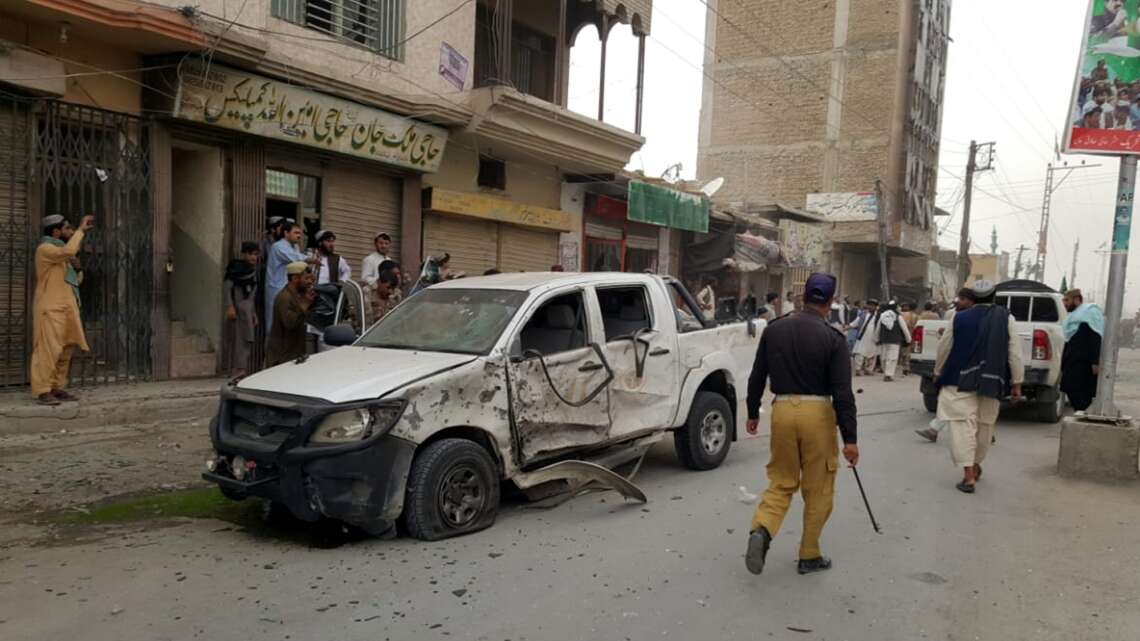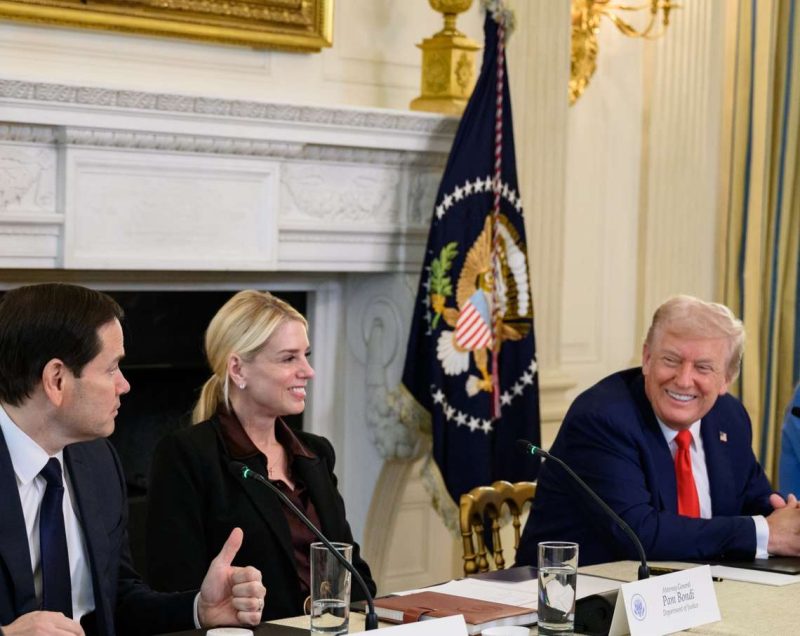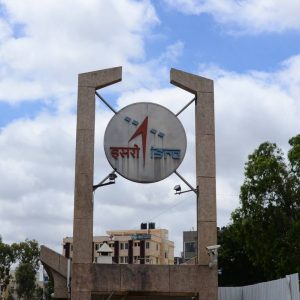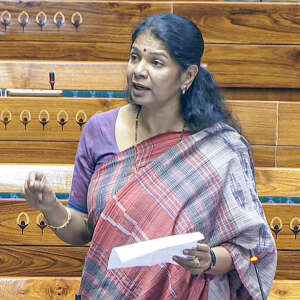The May 6–7 Operation Sindoor has drawn significant attention after reports confirmed the elimination of Abdul Rauf Azhar, a senior Jaish-e-Mohammed commander long suspected of orchestrating the 2002 abduction and murder of journalist Daniel Pearl….reports Asian Lite News
This week, the Indian armed forces launched Operation Sindoor, a series of precision air strikes targeting nine terror camps across Pakistan and Pakistan-occupied Kashmir.
The operation, which unfolded in the pre-dawn hours of May 6–7, has sparked widespread attention, particularly after reports indicated that one of the key figures eliminated was Abdul Rauf Azhar, a senior commander of the terrorist group Jaish-e-Mohammed (JeM).
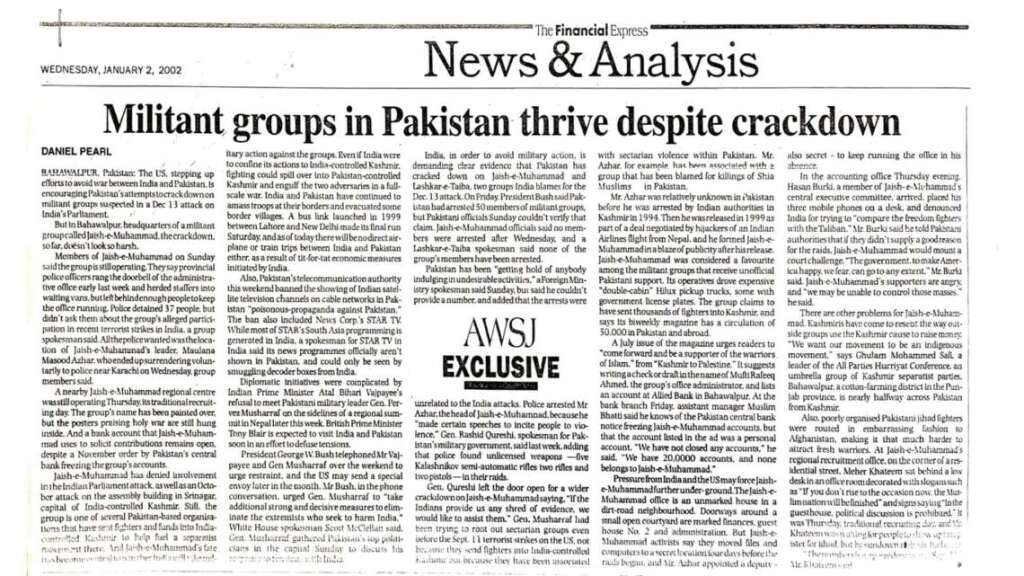
According to the Australia Today report, Azhar was long suspected of being involved in the 2002 abduction, torture, and beheading of Wall Street Journal reporter Daniel Pearl.
For Asra Nomani, a former colleague of Daniel Pearl, and Middle East analyst Amy Mek, the air strikes carried profound personal significance. Both publicly expressed their gratitude towards India for striking at the heart of the network responsible for Pearl’s death.
In particular, they welcomed the elimination of Abdul Rauf Azhar, whom they held responsible for orchestrating Pearl’s execution and the terror operations that followed.
Asra Nomani, who accompanied Pearl to Pakistan in January 2002, recounted her harrowing experiences as they ventured into the heart of southern Punjab, a region she describes as “a base for Pakistan’s homegrown terrorists.” During their time there, Pearl sought to interview militant operatives face-to-face, going into the field with nothing but a notebook and pen—no security, no bodyguards. Nomani recounts how Pearl’s local fixer, Asif Farooqi, arranged meetings with key figures of militant groups, including those tied to the Harkat-ul-Mujahideen network.
After a series of events involving deception and the fleeing of key militants across the Line of Control into Pakistan-occupied Kashmir, Pearl was handed over to Omar Sheikh, the British-Pakistani radical who ultimately kidnapped him in Karachi. Sheikh had trained at camps in Bahawalpur alongside Masood Azhar, the founder of JeM, and his brother, Abdul Rauf Azhar—who is now believed to have been killed in the strike on the Shawai Nallah camp, the Australia Today reported.
The precision of Operation Sindoor has been hailed as overdue justice by many. New York-based analyst Amy Mek called the strike “a powerful message,” stressing that Azhar’s removal struck at the core of a network that had “exported terror for decades.”
Mek praised the operation for eliminating one of the key figures behind Pearl’s death, stating that it delivered justice for the brutal murder of the American-Jewish journalist, the Australia Today reported.
For Asra Nomani, Amy Mek, and many others, Operation Sindoor is more than just a military strike. It is the long-awaited vindication of a promise to ensure that those responsible for murdering truth and targeting journalists would be held accountable.
“The strikes “honoured Danny’s memory” and sent a strong signal that no journalist should ever be targeted again,” the Australia Today report quoted Dr. Yosuf Pearl, Daniel’s father as saying.
For the global community, the ramifications of this operation extend far beyond India and Pakistan. As tensions simmer between the two nations, the message is clear: justice will not be delayed, and terrorism, especially when it targets the press, will not go unpunished.






